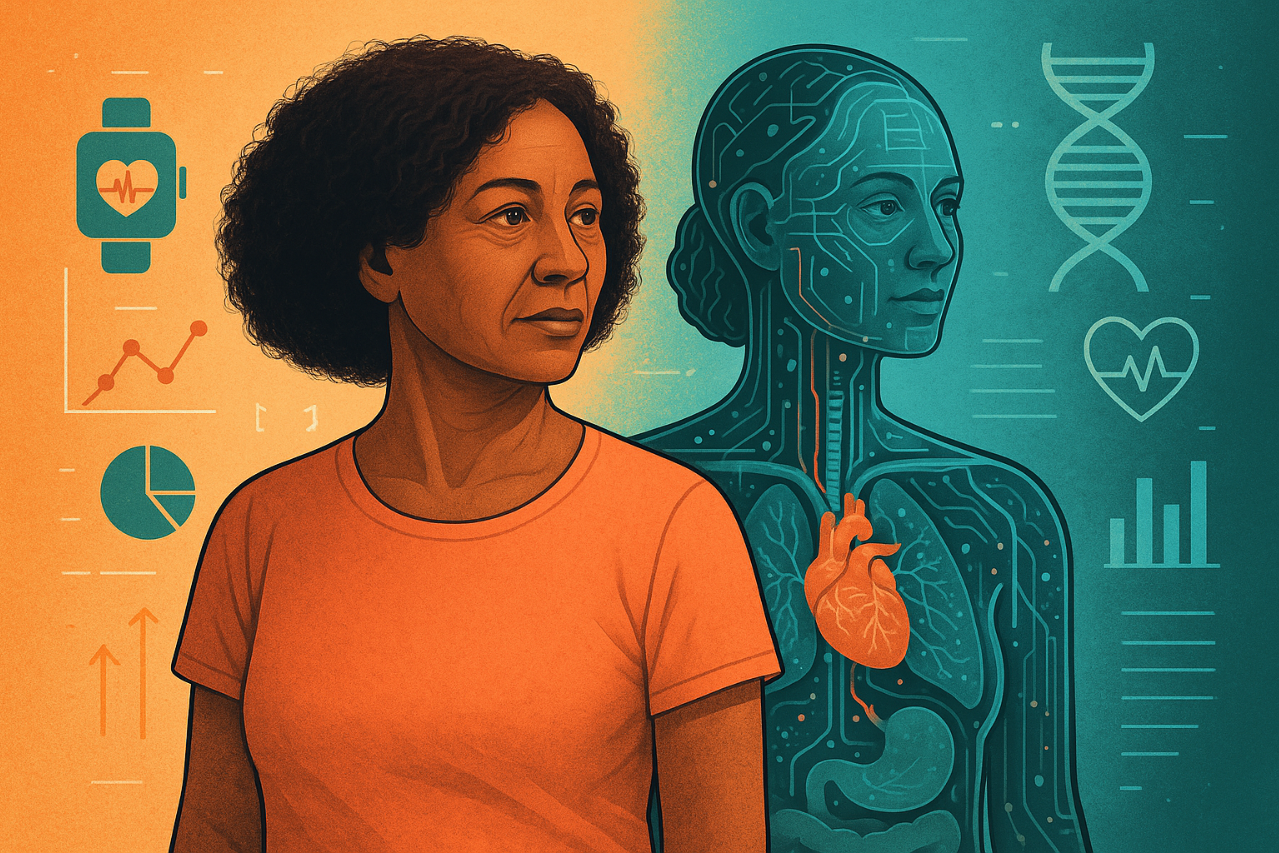In September, Samsung took a significant step in redefining maternal and fetal healthcare with its $93 million acquisition of Sonio, a French AI MedTech company. Sonio specializes in leveraging artificial intelligence to enhance prenatal diagnostics and maternal health outcomes. This acquisition signals Samsung’s strategic move to integrate AI into healthcare, a sector ripe for innovation.
Maternal and fetal health face numerous challenges worldwide, from disparities in access to care to diagnostic inaccuracies that can lead to preventable complications. By acquiring Sonio, Samsung aims to address these gaps through AI-driven tools that promise better outcomes for mothers and babies.
Revolutionizing Prenatal Diagnostics with AI
One of the most critical aspects of prenatal care is the ability to detect fetal anomalies and complications early. Sonio’s AI-powered tools are designed to enhance ultrasound imaging and diagnostic accuracy. These technologies analyze complex data from medical imaging and offer clinicians actionable insights, minimizing the risk of human error.
For example, Sonio’s algorithms can identify congenital anomalies such as heart defects and neural tube issues much earlier than traditional methods. This early detection allows healthcare providers to intervene sooner, improving survival rates and long-term outcomes for affected infants.
Samsung’s acquisition of Sonio brings these cutting-edge capabilities to a global stage. By integrating Sonio’s AI solutions into its medical imaging systems, Samsung is set to provide clinicians with smarter, more reliable diagnostic tools that can transform prenatal care.
Improving Maternal Health Outcomes
Maternal health outcomes are deeply intertwined with the quality of prenatal diagnostics. Misdiagnosed or undiagnosed complications can lead to severe consequences, including preterm birth, stillbirth, or maternal mortality. Sonio’s AI solutions address these challenges by providing clinicians with predictive analytics and real-time guidance during pregnancy.
The integration of AI into maternal care can also personalize treatment plans. With tools like Sonio Predict, clinicians can assess individual risk factors, enabling more tailored monitoring for high-risk pregnancies. For mothers facing conditions like gestational diabetes or preeclampsia, these AI-driven insights can make the difference between a healthy delivery and a life-threatening complication.
Dr. Clara Wilson, a maternal-fetal medicine specialist, explains:
“AI tools like Sonio’s have the potential to revolutionize how we approach prenatal care. Early detection and accurate diagnostics can save lives, especially in high-risk pregnancies.”
Moreover, by automating some aspects of diagnosis, Sonio’s tools reduce the workload on healthcare providers, ensuring more consistent care even in resource-strapped settings.
Expanding Access to Prenatal Care
Access to high-quality maternal healthcare remains a significant challenge, especially in rural and underserved areas. Samsung’s global distribution capabilities could bring Sonio’s AI tools to regions where specialized care is limited. This has the potential to democratize access to advanced diagnostics, narrowing the gap between urban and rural healthcare services.
For example, rural hospitals often lack experienced sonographers or maternal-fetal specialists. By equipping these facilities with AI-enhanced ultrasound systems, Samsung could empower general practitioners to deliver expert-level diagnostics. This would not only improve maternal and fetal health outcomes but also reduce the burden on tertiary care centers.
Samsung executives highlighted their vision for the future in a statement:
“This acquisition is part of our commitment to using AI to make healthcare more accessible and precise. By integrating Sonio’s technology, we aim to enhance maternal and fetal care on a global scale.”
In developing countries where maternal mortality rates are high, the deployment of affordable, AI-powered diagnostic tools could save thousands of lives. Early detection of complications like placental abruption or fetal growth restrictions can prompt timely referrals, drastically improving survival rates for both mothers and infants.
The Broader Implications for Maternal Care
Samsung’s acquisition of Sonio reflects a broader trend in healthcare—leveraging AI to enhance patient care. This deal is particularly significant in maternal health, a field where diagnostic advancements have often lagged behind other specialties. With AI, clinicians can move beyond reactive care to a more proactive and preventative approach.
The implications of this shift are profound. By reducing diagnostic inaccuracies and enabling early interventions, AI tools like Sonio’s can lower healthcare costs. Avoiding complications or unnecessary procedures not only benefits patients but also alleviates financial strain on healthcare systems.
This acquisition also reinforces the importance of collaboration between tech giants and MedTech innovators. Companies like GE Healthcare and Philips have already ventured into AI-driven maternal care, and Samsung’s entry into this space underscores its potential to lead the charge. By combining hardware expertise with Sonio’s software capabilities, Samsung could set new benchmarks for prenatal diagnostics.
Localized Impacts: Bridging the Gap in Global Healthcare
While this acquisition promises global benefits, its impact will be particularly pronounced in regions with limited access to specialized care.
- United States: Rural areas with shortages of maternal health specialists could see significant improvements in care quality through AI-enhanced diagnostics.
- Sub-Saharan Africa: With maternal mortality rates among the highest globally, affordable and accessible diagnostic tools could be a lifeline for expectant mothers.
- Asia: Countries like India and China, which face high volumes of pregnancies annually, could benefit from scalable solutions to address gaps in prenatal care infrastructure.
Samsung’s ability to scale Sonio’s technologies ensures that these localized needs can be met effectively, contributing to global health equity.
Samsung’s $93 million investment in Sonio represents more than a business transaction—it marks the dawn of a new era in maternal and fetal healthcare. By integrating AI into prenatal care, Samsung is paving the way for smarter, safer, and more accessible solutions that benefit both patients and providers.
As AI continues to evolve, its potential to transform healthcare becomes increasingly apparent. Samsung’s acquisition not only highlights the critical role of technology in improving maternal health outcomes but also sets the stage for broader adoption of AI-driven solutions across the healthcare industry.
Are you interested in how AI is changing healthcare? Subscribe to our newsletter, “PulsePoint,” for updates, insights, and trends on AI innovations in healthcare.




